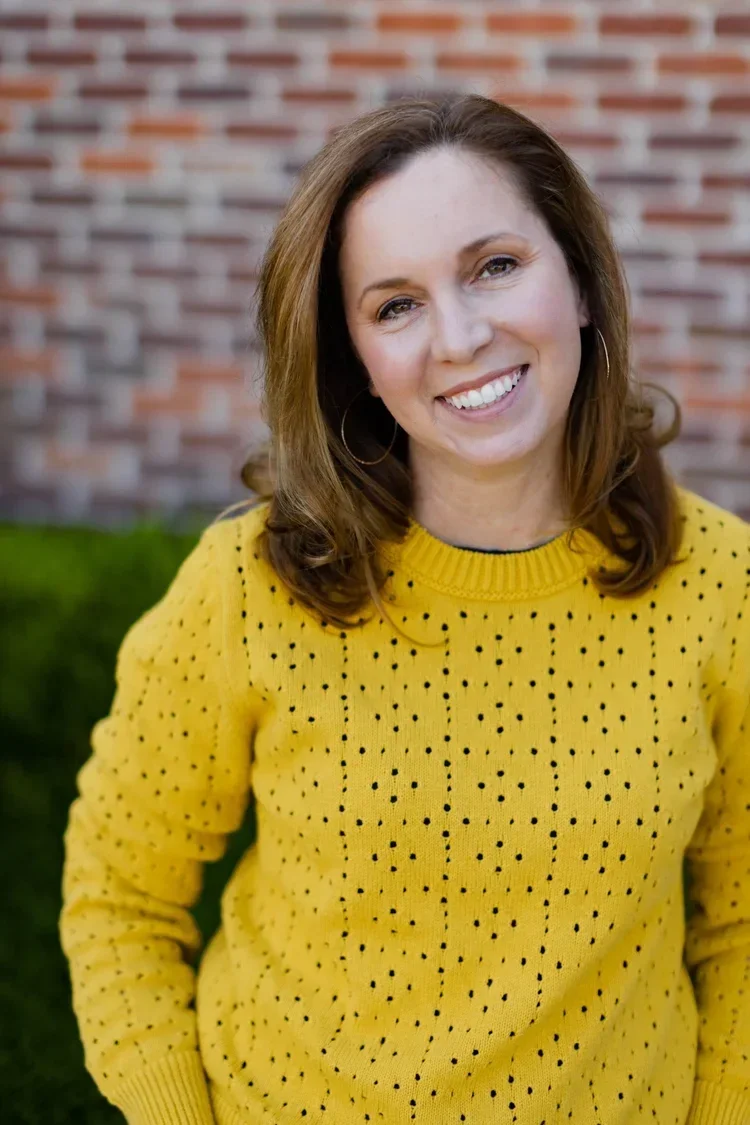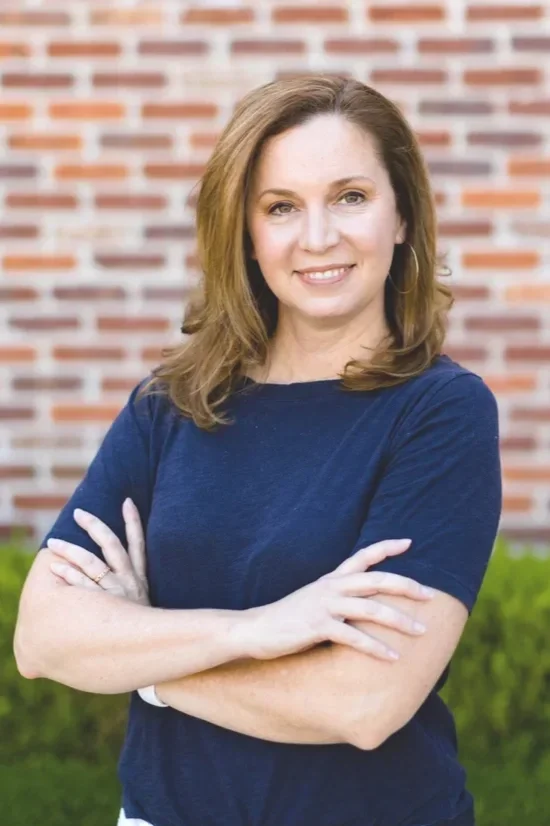Magnolia Creek Counseling Center
Julie CrockerWalking life's journey with your family through every season of growing up.
Certified Expertise
Licensed Professional Counselor and Registered Play Therapist
Personalized Care
I am deeply committed to helping children, teens, and families discover hope, joy, and peace.
Safe Space
A compassionate place where parents, kids, and teens are understood and supported.
Hello, I am Julie!Walking with Kids, Teens, and Families Toward Hope
I’ve walked many of these roads myself, and my heart is to come alongside children, teens, and families as they discover hope, joy, and peace. I want every kid and every parent to know that they were made for big things in life.
More than anything, I want to create a safe, caring space where confidence and self-worth can take root—even in the middle of hard or uncertain seasons. Whether you’re a parent needing encouragement or a child or teen finding your way, you’ll find a friend here who truly understands and believes in you.
Why trust me?
30+
serving childrenYears of experience
250+
in the Magnolia areafamilies served
88339
licensed professional TX License Number
Core Values
At Magnolia Creek Counseling, we believe every child and family was created for big things. Our mission is to provide a safe and compassionate space where hope, confidence, and self-worth can grow—even in life’s most uncertain seasons. With understanding and genuine care, we walk alongside parents, children, and teens as they navigate challenges and discover lasting joy and peace.
My Story
Julie is passionate about helping people discover hope, joy, peace, and purpose. With experience in higher education and children’s ministry, she has spent decades walking alongside children and families. Now a Licensed Professional Counselor in Magnolia, TX, Julie advocates for kids, parents, and families with compassion and care.
My ServicesPlay Therapy
Create a strong foundation for emotional well-being and growth
Anxiety & Kids
Demystify anxiety with clear, actionable insights and strategies
Neurodivergence
Utilize a strengths-based framework for a structured, yet playful approach
Co-parenting
Supportive space to process their feelings and understand this transition
Teens
Encourage new perspectives and foster meaningful growth
Parent Coaching
Practical strategies to navigate the complexities of raising children
Not sure what service works best for you?
Book a complementary call!
Walking life's journey with your family through every season of growing up.
-
Walking life's journey with your family through every season of growing up. -
How it worksThe 4 Easy Steps
1.
Discovery Session
This is an initial free 15-minute session. This gives parents a chance to visit with Julie to discuss a potential game plan without the pressure of making a decision. This is normally done over the phone, but when possible, we enjoy doing them in person, so parents can get a feel for her and the space.
2.
Intake Sessions
Once a parent decides Julie is the right provider for their child, we move to the second step. For children, ages 3-12, this second step is a parent-only session. This session allows parents to discuss concerns with Julie and build a game plan that ensures unified goals for treatment. For Teens, the intake session is normally parent and teen together. This allows the teen to speak about their goals and take responsibility for their mental health and skill-building journey.
3.
Four Weekly Child/Teen Sessions
These four sessions allow Julie to build a connection with the child or teen. During these four sessions, Julie assesses treatment goals with and for the child while building a therapeutic relationship.
4.
Evaluating the Process
After the four weekly sessions, Julie will schedule another parent-only session for parents of children or bring the parents of teens in to share where we are and where we are going. This gives families the opportunity to learn more about their child and work together towards mutual goals. From here, parents will work with Julie to establish next steps, which could be additional weekly sessions to achieve goals, potentially looking at a diagnosis (if the parent decides that is the best next option), or working with the parents to establish more parenting skills.
From the Blog
-

Parenting Next Level: TWMC Marriage and Parenting Conference
-

Anxiety and Teens
Get all the detailsFAQ - Frequently Asked Questions
-
It’s normal for kids to face ups and downs, but sometimes their struggles last longer than expected or feel overwhelming. Signs that counseling may help include frequent sadness, anxiety, anger, changes in behavior, difficulty at school, withdrawal from friends, or big reactions to small situations. If you’re unsure, trust your instincts—if you’re asking this question, it’s worth exploring. Counseling provides a safe space for your child to process what they’re going through, and an initial consultation can help determine whether ongoing support is needed.
-
Counseling looks different depending on your child’s age and personality. With younger children, sessions often involve play, art, and games that help them express feelings in ways that feel natural and safe. For teens, counseling may look more like conversations about their challenges, relationships, and goals. In every session, the counselor meets the child where they are, offering support and strategies to help them grow emotionally and mentally in a comfortable, non-judgmental environment.
-
Yes. Parents and caregivers play a vital role in the counseling process. While sessions are a private space for children and teens, we also partner with parents to share insights, tools, and strategies to support growth at home. This ensures that progress doesn’t just stay in the counseling room but becomes part of everyday life. We also keep parents updated on themes and goals while respecting the child’s need for privacy and trust.
-
Every child’s journey is unique. Some children show improvement after a few sessions, while others may benefit from longer-term support depending on their needs and challenges. Progress often happens gradually as children learn to process their feelings and practice new coping strategies. The goal is not just quick fixes but lasting growth, resilience, and healthier ways of managing life’s ups and downs.
-
Yes. Confidentiality helps children and teens feel safe to open up. While parents are included in the process, the counselor respects the child’s privacy and only shares what is necessary for safety and progress. If a serious concern arises—such as safety risks or harm—parents are immediately informed. This balance builds trust while keeping families connected and supported.
-
Counseling can support children and families through a wide variety of challenges, including anxiety, depression, grief, behavioral struggles, school-related stress, bullying, low self-esteem, family transitions such as divorce or relocation, and difficulty managing emotions. It can also be helpful for children who are generally doing well but would benefit from having a safe place to talk and develop healthy coping skills.
Do you want to know more? Don’t hesitate to get in touch!












